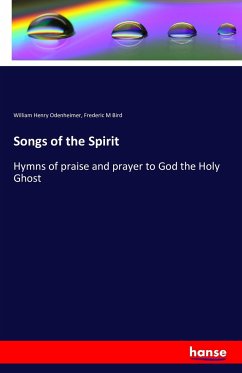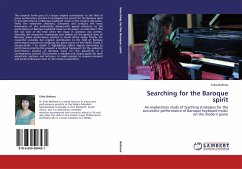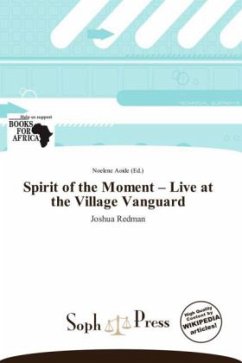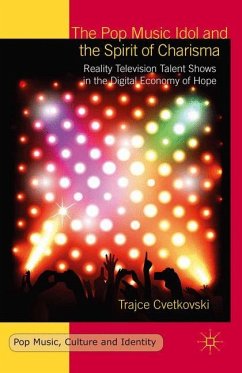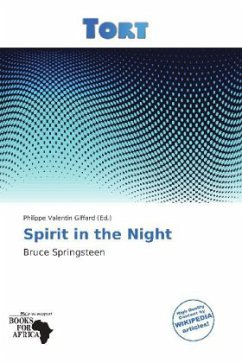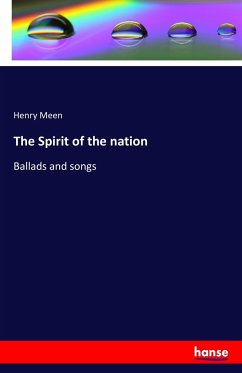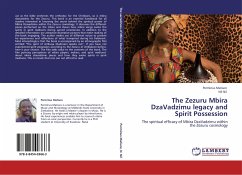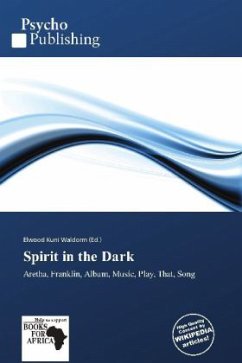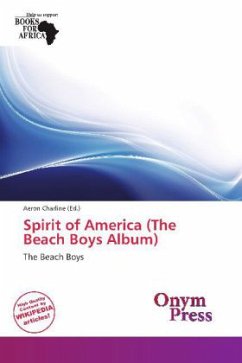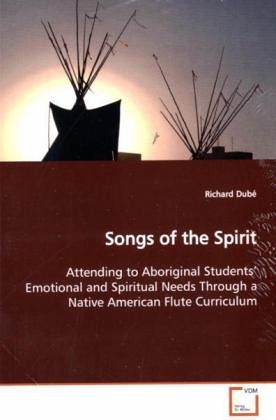
Songs of the Spirit
Attending to Aboriginal Students Emotional and Spiritual Needs Through a Native American Flute Curriculum
Versandkostenfrei!
Versandfertig in 6-10 Tagen
39,99 €
inkl. MwSt.

PAYBACK Punkte
20 °P sammeln!
This narrative inquiry explores how the Songs of the Spirit Native American Flute curriculum impacted spiritual and emotional aspects of the learning and lives of Aboriginal students, their families, their parents, and their school community. My research took place at an urban Aboriginal high school in Saskatchewan from January to March, 2006. When participants heard the music, it [sounded] so eloquent and so spiritual. It [was] almost like the flute [was] weeping, (Onawa Gaho, Recorded conversation, March 17, 2006, p. 5) bringing about a calmness to the anger that some [Aboriginal students] h...
This narrative inquiry explores how the Songs of
the Spirit Native American Flute curriculum
impacted spiritual and emotional aspects of the
learning and lives of Aboriginal students, their
families, their parents, and their school community.
My research took place at an urban Aboriginal high
school in Saskatchewan from January to March, 2006.
When participants heard the music, it [sounded] so
eloquent and so spiritual. It [was] almost like the
flute [was] weeping, (Onawa Gaho, Recorded
conversation, March 17, 2006, p. 5) bringing
about a calmness to the anger that some [Aboriginal
students] have (Sakima Qaletaqa, Recorded
conversation, March 15, 2006, pp. 25-26).
The research findings indicate the Songs of the
Spirit curriculum, in honoring the holistic nature
of traditional First Nations teachings, invites
Aboriginal students functioning in vigilance mode
to attend to their emotional and spiritual needs.
They speak to a need for rethinking curricula in
culturally-responsive ways, for attending to the
importance of the arts in education, and for
reforming teacher education.
the Spirit Native American Flute curriculum
impacted spiritual and emotional aspects of the
learning and lives of Aboriginal students, their
families, their parents, and their school community.
My research took place at an urban Aboriginal high
school in Saskatchewan from January to March, 2006.
When participants heard the music, it [sounded] so
eloquent and so spiritual. It [was] almost like the
flute [was] weeping, (Onawa Gaho, Recorded
conversation, March 17, 2006, p. 5) bringing
about a calmness to the anger that some [Aboriginal
students] have (Sakima Qaletaqa, Recorded
conversation, March 15, 2006, pp. 25-26).
The research findings indicate the Songs of the
Spirit curriculum, in honoring the holistic nature
of traditional First Nations teachings, invites
Aboriginal students functioning in vigilance mode
to attend to their emotional and spiritual needs.
They speak to a need for rethinking curricula in
culturally-responsive ways, for attending to the
importance of the arts in education, and for
reforming teacher education.



